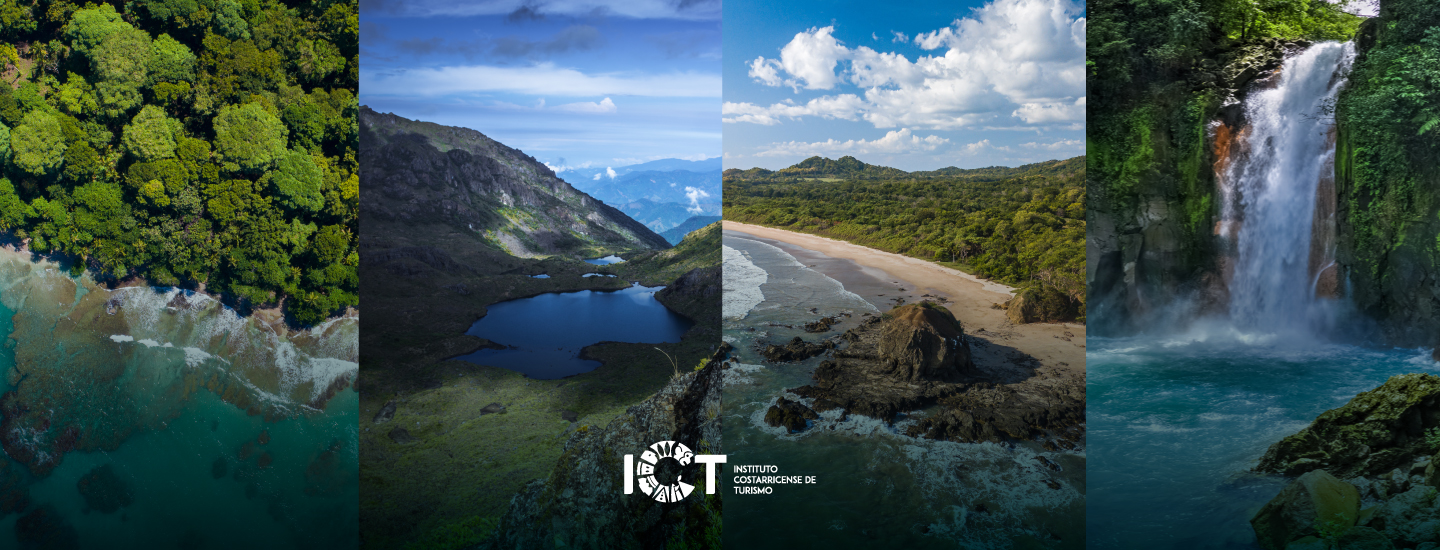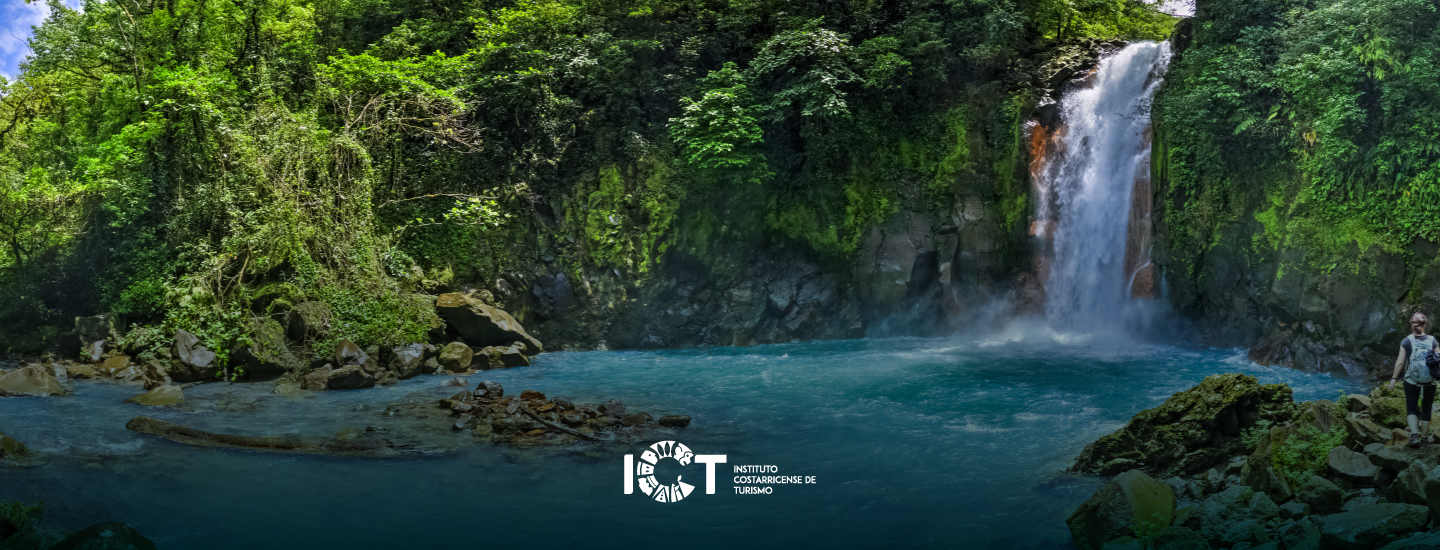Digital nomads from the United States, Chile and Portugal highlight the advantages of living and working in Costa Rica
- Digital nomads mention natural beauty, the warmth of the inhabitants and the effective management of COVID-19.
- Stays range from months to a year thanks to extensions granted by the Department of Immigration and Foreigners.
March 5, 2021 - Costa Rica has become an ideal destination for foreigners who are choosing to work remotely. According to these remote workers, the country has managed the pandemic well and allows them to combine their jobs in their countries of residence with surf classes, mountain hikes and Pura Vida.
Digital nomads from the United States, Chile and Portugal have spent periods ranging from a few months to a year living and working in regions of the country such as Jacó, Manuel Antonio, Santa Teresa de Cóbano and Monteverde, among others.
This experience may soon attract others like them who do not need to work from a set location and use technology to do their jobs, since deputies of the Legislative Assembly are currently considering Draft Law no. 22215: Law to attract international remote workers and service providers.
Viviana Gomes Lopes, a Portuguese national, is the financial and strategy director for a consultancy in Mexico and believes that Costa Rica is an ideal location for lovers of surf and nature.
“First of all, the country is incredible,” says Gomes Lopes, who lived in Santa Teresa. “They have controlled the pandemic very well, which is one of the main reasons that I stayed here rather than going to Mexico City, my city of residence.”
Gomes Lopes arrived in Costa Rica in February 2020 for a three-week stay. The pandemic took her by surprise while she was in the country and she prolonged her stay in Santa Teresa de Cóbano, Puntarenas, for as long she was allowed to under her permit to stay in the country. There, she combined her professional work with surf classes. Now, her dream is to come back.
“Tourists who stay for longer periods channel more of their money into the local tourism economies,” said Gustavo J. Segura, Minister of Tourism. “They make more local purchases, rent vehicles for weeks or months, use services like beauty salons, supermarkets, restaurants and diners, laundromats, fresh produce sellers, medical services, and other businesses in the community. This highlights the importance of becoming a leading option for remote workers.”
Captivated by Costa Rican beauty
If the draft law is approved by the Legislative Assembly, remote workers would obtain a permit to stay in the country for a year, which can be extended for an additional year. They would be able to open bank accounts and use their driver’s license from their country of origin, among other benefits.
“In the current situation, in which tourism may take up to three years to recover to pre-pandemic levels of demand, digital nomads are a key group to help the sector to rebound, and one that other destinations around the world have already begun to target,” said Segura.
Megan Kennedy, Head of the Costa Rica Country Office of the hospitality company Selina, explained that the concept of the digital nomad has been part of her company’s client base since its beginnings. Selina offers fully equipped workspaces and internet connections with sufficient capacity, which has allowed them to see an increase in the number of guests from around the world coming to work remotely from Costa Rica.
“We are increasing internet speeds and creating more private areas for work calls and coworking areas. The benefit for Costa Rica is obvious because people will come to live here, buy food and clothing, rent vehicles and participate in the economy while they continue working,” said Kennedy.
“The beaches are incredible for surfing, the way people treat you with kindness in every town is remarkable. I’ve loved the weather, the natural areas and the national parks. Costa Rica is ideal for remote workers,” said Raúl Reeves, a Chilean entrepreneur and a digital nomad, who has been using his working stay in the country since January to enjoy destinations like Jacó, Tamarindo, Santa Teresa and, most recently, Monteverde.
During the month of March, the ICT profiles on Facebook and Instagram, as well as its YouTube channel, will feature short videos on the life stories of digital nomads like Viviana Gomes from Portugal, Stephen Johnson, Amelia Sklaroff and Mujesira Dudic from the United States, and the Chilean entrepreneur Raúl Reeves.

